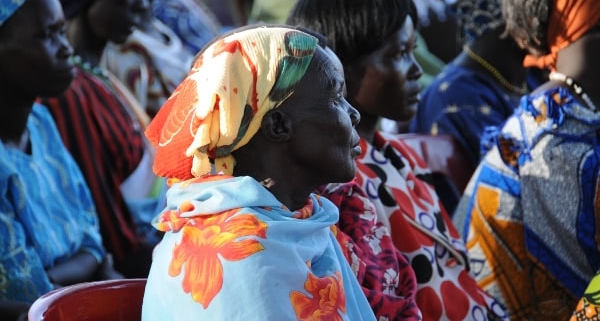In this blog, Lona Elia Morgan and Livia Oliver discuss the concept of gender and conflicting perceptions of the concept among South Sudanese communities. Based on their extensive gender work, they explore different perceptions around gender and the related impact on conflict dynamics, as well as on aid programming, providing insights on how aid actors can change these perceptions and mitigate risks on aid interventions. In South Sudan, gender sensitivity is increasingly being integrated…
repository
CSRF Research Repository
The CSRF Research Repository aims to support greater contextual knowledge for policy makers, programme managers, and implementers by providing a searchable repository of research, analysis, and resources, and providing periodic updates on new research and analysis.
This report is part of the collection of publications on “Education, Conflict and Civicness in South Sudan”, which is the outcome of a collaboration between the South Sudan Studies Association (SSSA) and the London School of Economics and Political Science (LSE). If universities are to contribute to political transformation and civicness in conflict settings, they must foster gender equality. This is an exceptional challenge in the context of South Sudan, where female literacy was last…
This report is the result of a short-term study on the traditional and changing roles of gender and women in peace-building. The study involved field research in five locations (Aweil, Bentiu, Bor, Rumbek and Torit). The purpose of the study is to research how the traditional and changing roles of women/girls and men/boys, conflict dynamics in South Sudan and to recommend to the United Nations Development Programme (UNDP), potential partners, on possible further peace initiatives….
Part of a series of U.S. Institute of Peace reports on state building in South Sudan, this report asserts that equality between women and men and among women—as well as women’s security, economic empowerment, and meaningful participation—should be central benchmarks to state building in South Sudan, not only as a matter of principle, but also as a means to overturn years of conflict and marginalization. Gender equality is essential to building a strong and equitable…

Some Infos
Lorem ipsum dolor sit amet, consectetuer adipiscing elit. Aenean commodo ligula eget dolor.
Pages
- About Our County Profiles
- Blog
- Case Studies Grid
- Central Equatoria
- Conflict Sensitivity Resource Facility South Sudan
- Contact Us
- Contribute a Repository Article
- County Profile HTML links
- County Profiles
- COVID-19 HUB
- Covid-19 information page
- CSRF About Us
- CSRF Helpdesk
- CSRF Helpdesk Form
- CSRF Login
- Dashboard
- Deliverables
- Demo
- Events
- Forgot password
- Guides, Tools and Checklists
- Helpdesk
- Home
- Latest
- Looker Studio
- Subscribe

